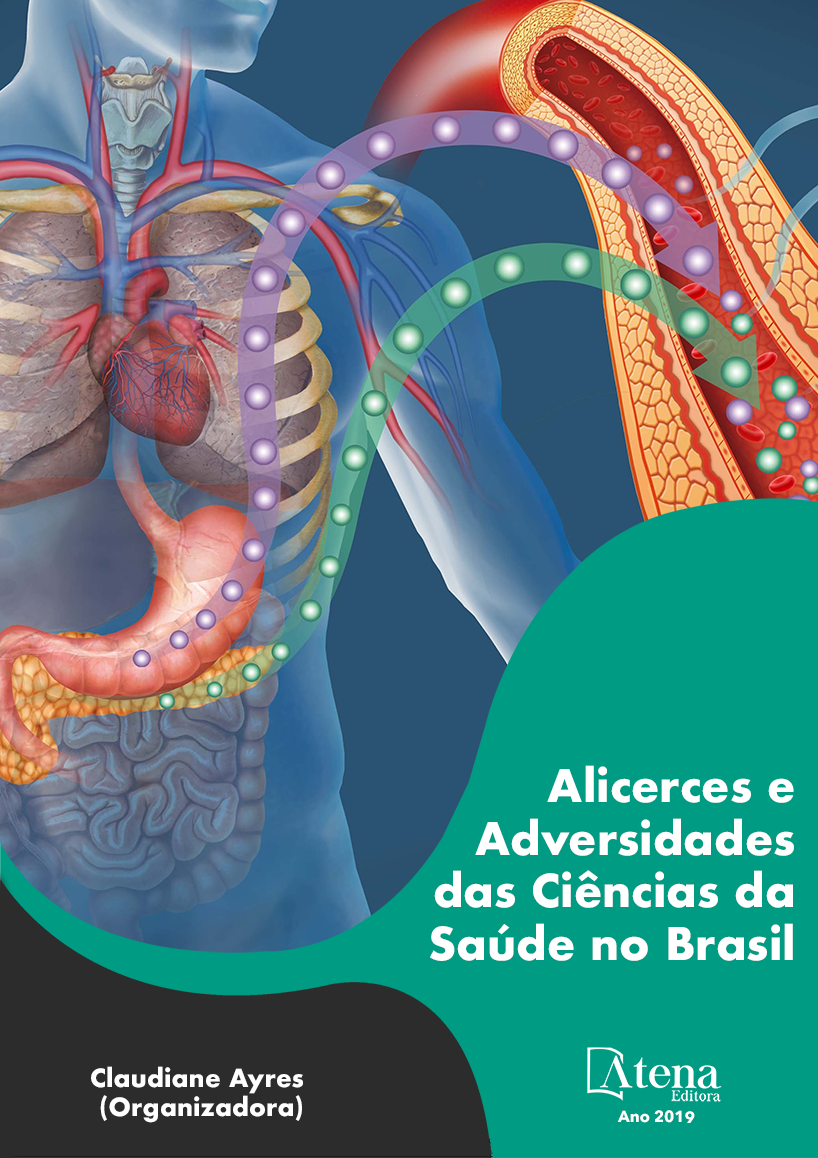
ANÁLISE HISTOLÓGICA DO RIM E FÍGADO DE Rattus novergicus COM DIABETES INDUZIDO POR ALOXANO TRATADOS COM OS FRUTOS DA Momordica charantia L. (MELÃO DE SÃO CAETANO)
RESUMO: O Diabetes mellitus (DM) é um distúrbio metabólico resultante do excesso de glicose no sangue (hiperglicemia). A falta de controle e cuidados pode levar a várias complicações por todo o organismo, como a nefropatia diabética. Já o fígado é foco de hepatotoxicidade, devido as biotransformações que ocorrem nesse órgão. Sendo assim, faz se importante elucidar os possíveis efeitos terapêuticos, mas também adversos de drogas vegetais a fim de estabelecer segurança no uso destas plantas muitas vezes utilizadas empiricamente pela população. Foram utilizados 26 animais (Rattus novergicus), divididos em: Grupo 1: Sem diabetes e sem tratamento, Grupo 2: Diabético sem tratamento, Grupo 3: Diabético tratado com droga vegetal aquosa dos frutos da Momordica charantia L. Foi administrado Aloxano na dose de 150mg/kg para indução do diabetes. Todos os grupos foram eutanasiados após 30 dias de tratamento com a droga vegetal e foram seccionados o rim e fígado e encaminhados para análise histológica. Após analisar o parênquima renal do grupo diabético sem tratamento, notou-se aumento do espaço de Bowman, presença de material hialino, glomérulos hipotrofiados e com espessamento de membrana basal glomerular (MBG), essas alterações geram em longo prazo perda funcional renal. Já no grupo diabético tratado com os frutos da Momordica charantia L. constatou-se proteção aos efeitos nocivos causados pelo Diabetes mellitus, não houve espessamento da MGB, hipotrofia glomerular, não notou-se depósitos hialinos e nem aumento do espaço de Bowman. Ao analisar o fígado, com intuito de avaliar hepatotoxicidade, em todos os grupos do experimento não foram encontradas alterações histológicas significativas.
ANÁLISE HISTOLÓGICA DO RIM E FÍGADO DE Rattus novergicus COM DIABETES INDUZIDO POR ALOXANO TRATADOS COM OS FRUTOS DA Momordica charantia L. (MELÃO DE SÃO CAETANO)
-
DOI: 10.22533/at.ed.94519030931
-
Palavras-chave: PALAVRAS-CHAVE: Diabetes Mellitus. Momordica charantia L. Rim. Fígado.
-
Keywords: KEYWORDS: Diabetes Mellitus. Momordica charantia L.. Kidney. Liver.
-
Abstract:
ABSTRACT: Diabetes mellitus (DM) is a metabolic disease resulting from the excessive amount of glucose in the blood (hyperglycemia). The lack of care and control may lead to several complications throughout the whole body, as diabetic nephropathy (DN). The liver is the organ that presents metabolic enzymes, so it suffers from hepatotoxicity, due to biotransformation. Thus, it is important to elucidate possible therapeutic effects as well as adverse effects of these components to establish safety in the use of these plants that are often empirically used by the population. The sample consisted of twenty-six animals (Rattus novergicus). Were divided into three groups: Group 1: no diabetes and no treatment; Group 2: diabetic without treatment; and Group 3: diabetic treated with plant drug of Momordica charantia L.. Diabetes mellitus was induced by alloxan in a dose of 150mg/kg. All groups were euthanized after 30 days. Their kidneys and livers were sectioned and sent to histological analysis. After analyzing the renal parenchyma of the diabetic group without treatment, observed an increase in the Bowman space, a presence of the hyaline material, the glomeruli were hypertrophied and showed glomerular basement membrane thickening (GBM). In the treated diabetic group, there was a protection of the process, that is, there was no increase in Bowman's space, neither hypotrophy, thickening GBM and hyaline deposits. The analysis of the liver, aiming at evaluating hepatotoxicity, found no histological changes in all groups.
-
Número de páginas: 15
- Karina Gislene de Matos
- Márcia Clélia Leite Marcellino
- Dulce Helena Jardim Constantino
- Bruna Fernandes Antunes


